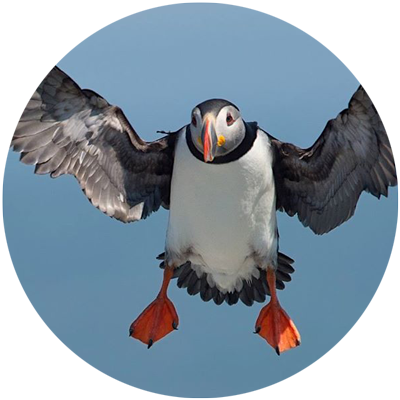Home > Climate News >
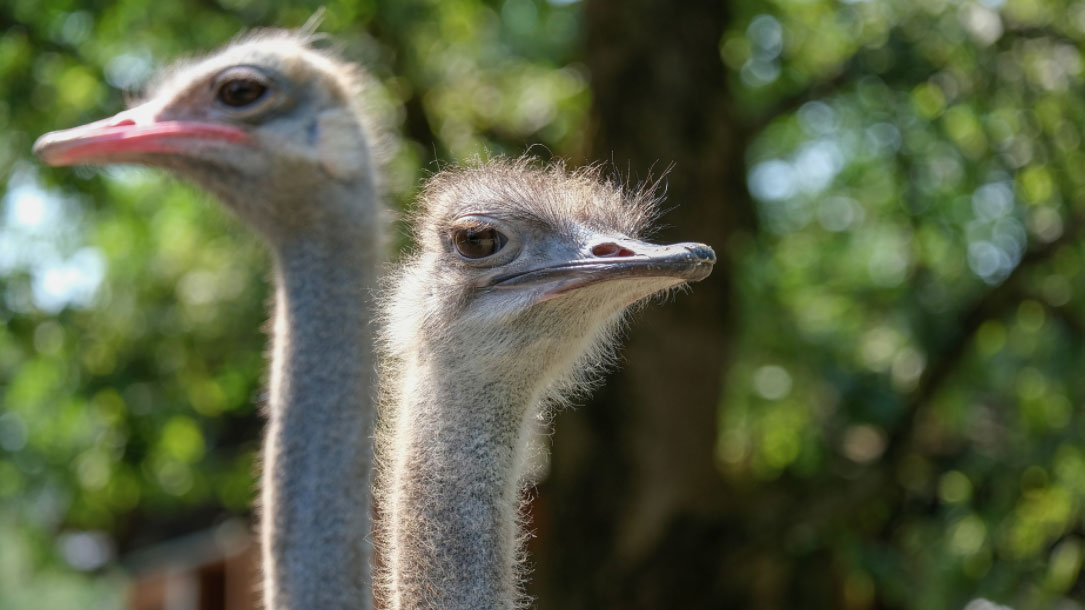
Climate change doomism as bad as denialism
“The reality is that different people are going to be motivated by different things, and some amount of concern and even fear can motivate—we know that, psychologists have established that. But it can also elicit other, disabling instinctual reactions—paralysis and disengagement. Different people are going to respond differently…”
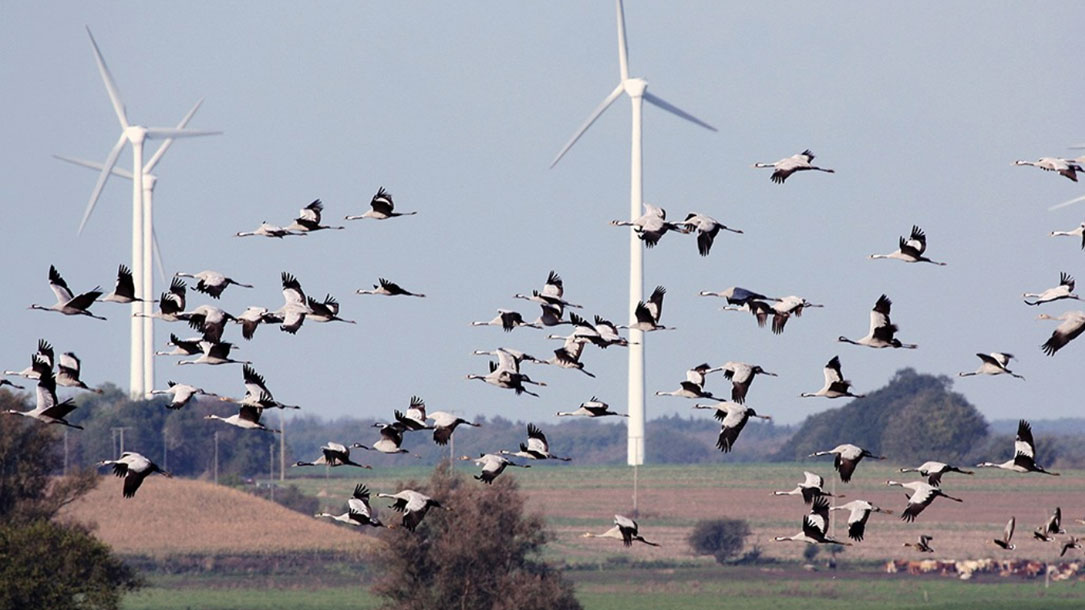
Wind turbine design and placement can mitigate negative effect on birds
URBANA, Ill. – Wind energy is increasingly seen as a sustainable alternative to fossil fuels, as it contributes to a reduction in greenhouse gas emissions. It is estimated that by 2050, wind turbines will contribute more than 20% of the global electricity supply. However, the rapid expansion of wind farms has raised concerns about the impact of wind turbines on wildlife.
Research in that area has been limited and has yielded conflicting results. A new study, published in Energy Science, provides comprehensive data on how turbines affect bird populations…
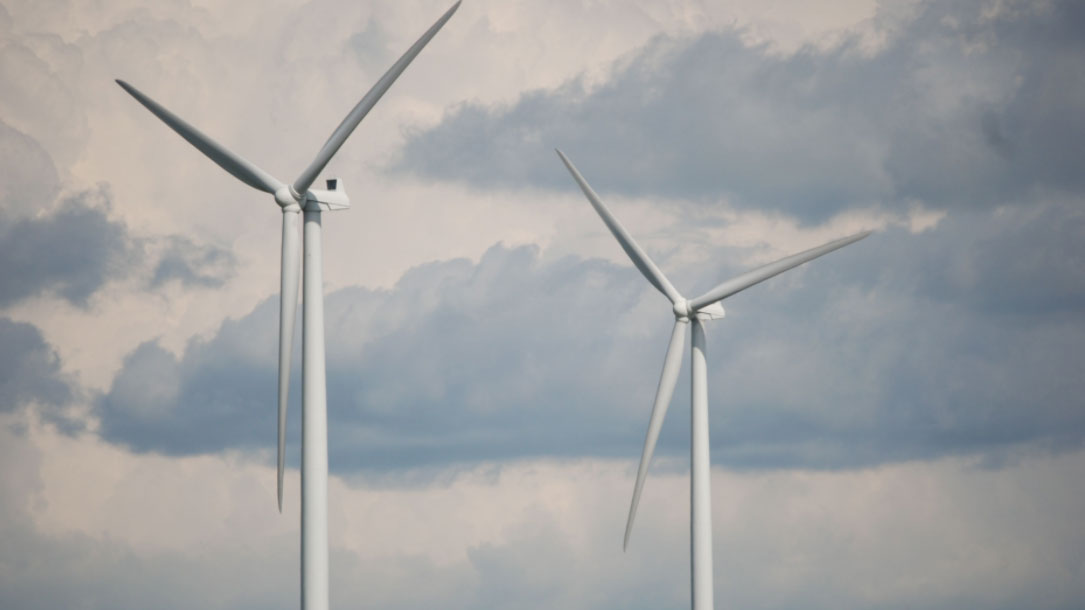
Small adjustments to wind turbines can reduce impacts on birds, new study finds
Research analyzed data from 1,670 wind turbines and 86 bird observation routes across 36 states between 2008 to 2014.
“We found that there was a negative impact of three birds lost for every turbine within 400 meters of a bird habitat,” Madhu Khanna, professor of agricultural and consumer economics at the University of Illinois and co-author of the new study, said in a statement. “The impact faded away as the distance increased…”
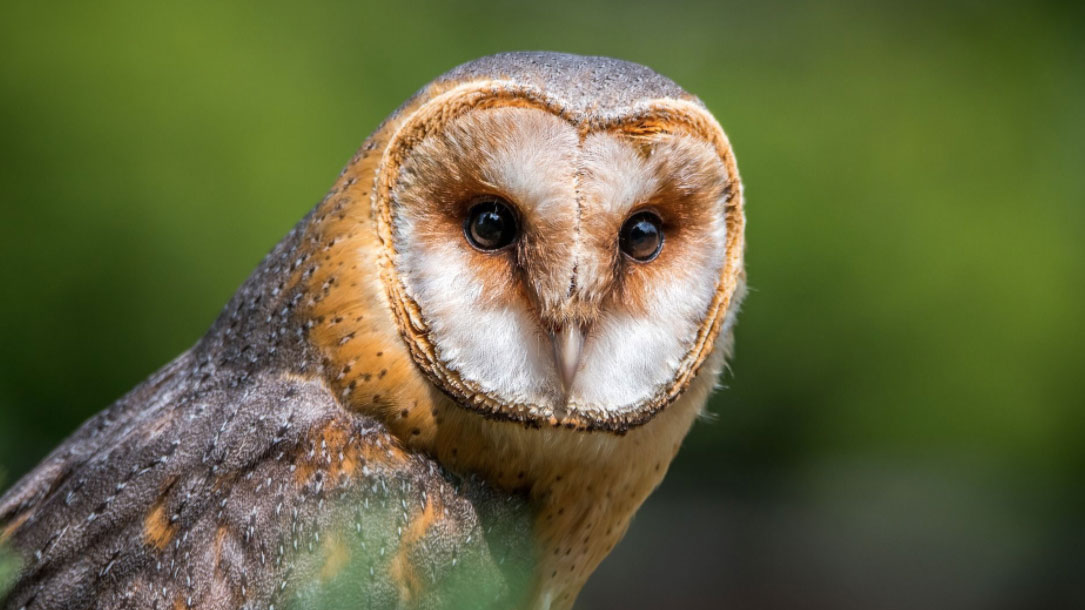
Audubon report: Climate change threatens nearly two-thirds of our birds
First, the news that should snap all of us to attention: “More than two-thirds of America’s birds are at risk if the current pace of global warming continues,” according to the report’s foreword.
Birds we love are in peril, including the Saltmarsh Sparrow, which could lose 62% of its current winter range. Some species may be able to adapt, but others will be left with nowhere to go, and we risk losing them forever.”
“Two-thirds of America’s birds are threatened with extinction from climate change, but keeping global temperatures down will help up to 76 percent of them,” said David Yarnold, CEO and president of Audubon. “There’s hope in this report, but first, it’ll break your heart if you care about birds and what they tell us about the ecosystems we share with them. It’s a bird emergency.”
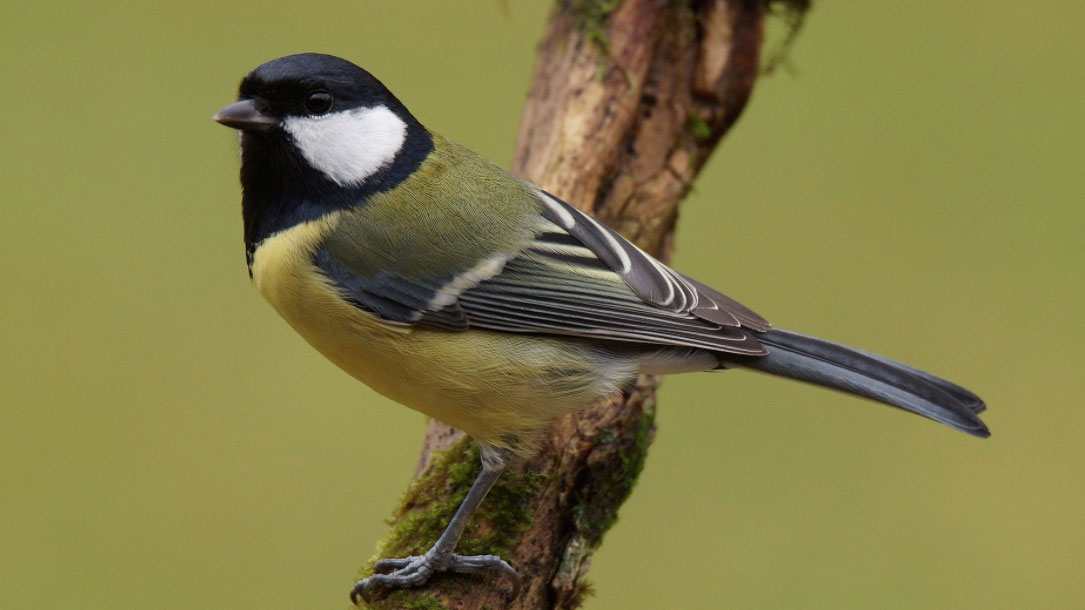
Warmer nights prompt forest birds to lay eggs earlier in spring
A recent study from the University of Edinburgh reveals that as climate change continues to cause temperatures to rise, the breeding patterns of birds such as blue tits are being altered as evenings in spring get warmer, researchers say.
Previous research has shown that warmer springs have led birds to begin breeding earlier. However, until now, scientists had not identified the key factors that cause this behaviour…
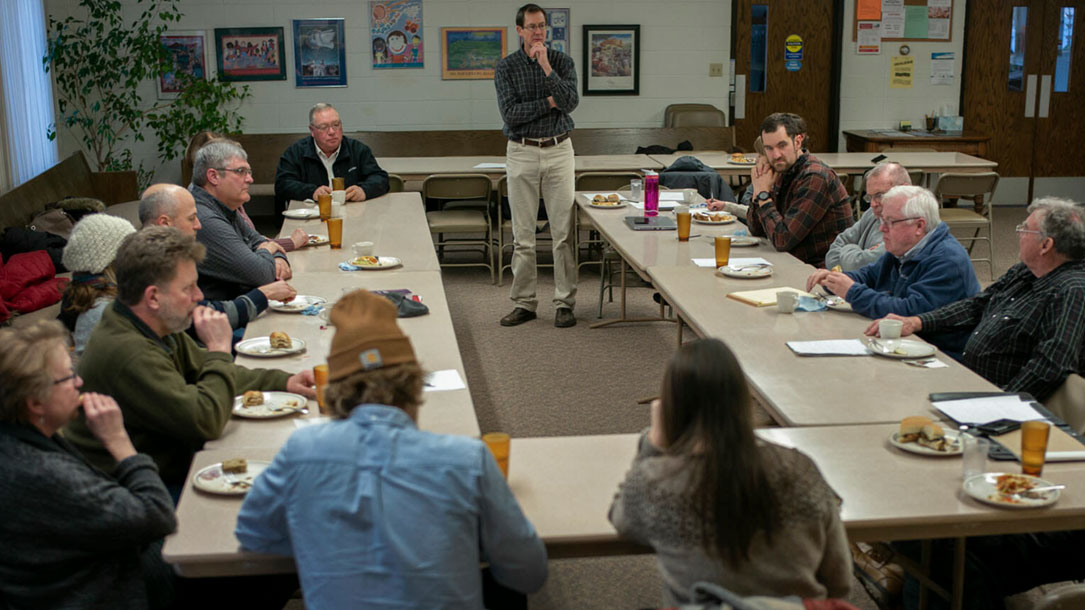
One man is trying to save the world from climate change by mobilizing an unlikely team: Iowa’s farmers
“In early March, just a week before the Midwest was inundated by catastrophic flooding, a dozen farmers gathered at the First Presbyterian Church in Grinnell, Iowa, for an event billed as a conversation about “Faith, Farmers, and Climate Action.” “How is God calling you to use your farm to improve the world?” asked the evening’s facilitator, Matt Russell. “We’ve got this narrowing window of time in which we can act,” he said. “When we think about climate action—are you feeling any call to that?”
Russell directs the Iowa branch of Interfaith Power and Light, a nonprofit that promotes a religious response to global warming. A fifth-generation farmer who runs a livestock operation with his husband in nearby Lacona, Iowa, the 48-year-old nearly became a Catholic priest in his twenties but then got a degree in rural sociology. Now he preaches that America’s farmers—a demographic seen as religious and conservative—are a secret weapon in the climate fight…”

Farmers ‘understand that the climate is changing and we have to adapt’
Fred Yoder, a fourth-generation Ohio farmer, has served on President Trump’s agriculture committee and chairs the North American Climate Smart Agriculture Alliance. He raises corn, soybeans, and wheat on about 1,500 acres, and has a seed and consulting business called Yoder Ag Services. Although the climate conversation is divisive in farm country, more farmers are talking about ways to address the issue.
We reached Yoder, who has been outspoken on climate change, while he was on his tractor. He was planting a cover crop—a crop that is eventually killed off, adding nutrients and organic matter to the soil and sequestering carbon. The following is an edited version of the conversation…
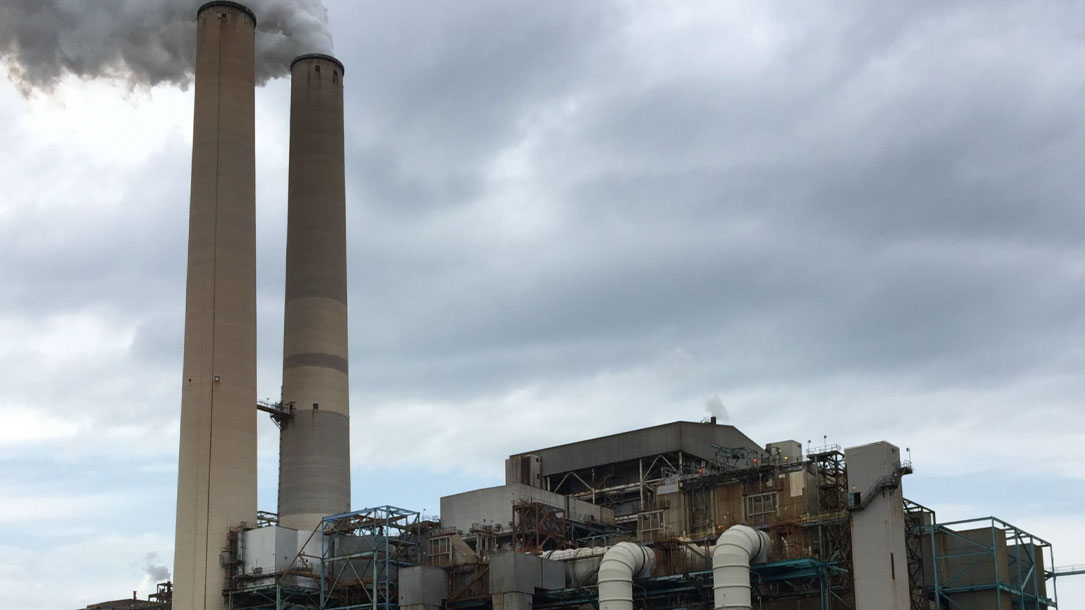
130 banks worth $47 trillion adopt new UN-backed climate policies to shift their loan books away from fossil fuels
Banks with more than $47 trillion in assets, or a third of the global industry, adopted new U.N.-backed “responsible banking” principles to fight climate change on Sunday that would shift their loan books away from fossil fuels.
Deutsche Bank, Citigroup, and Barclays, were among 130 banks to join the new framework on the eve of a United Nations summit in New York aimed at pushing companies and governments to act quickly to avert catastrophic global warming.
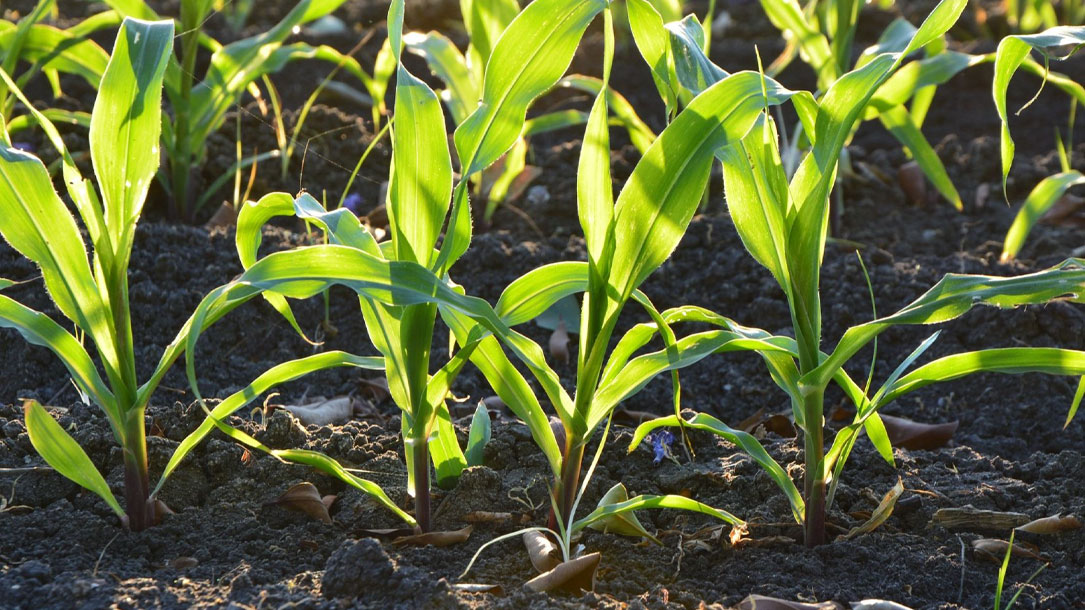
As soils warm, microbes pump more carbon dioxide to the atmosphere
Thomas Crowther is professor of ecosystem ecology at ETH Zurich, a university in Switzerland. “As we warm those soils, those microbes become more active, and that means they release more carbon into the atmosphere,” he says.
He says that makes the climate warmer, which in turn makes the microbes even more active, “which pumps more carbon out of the soil, which warms the planet further, leading to a feedback that can actually really accelerate the rate of climate change…”
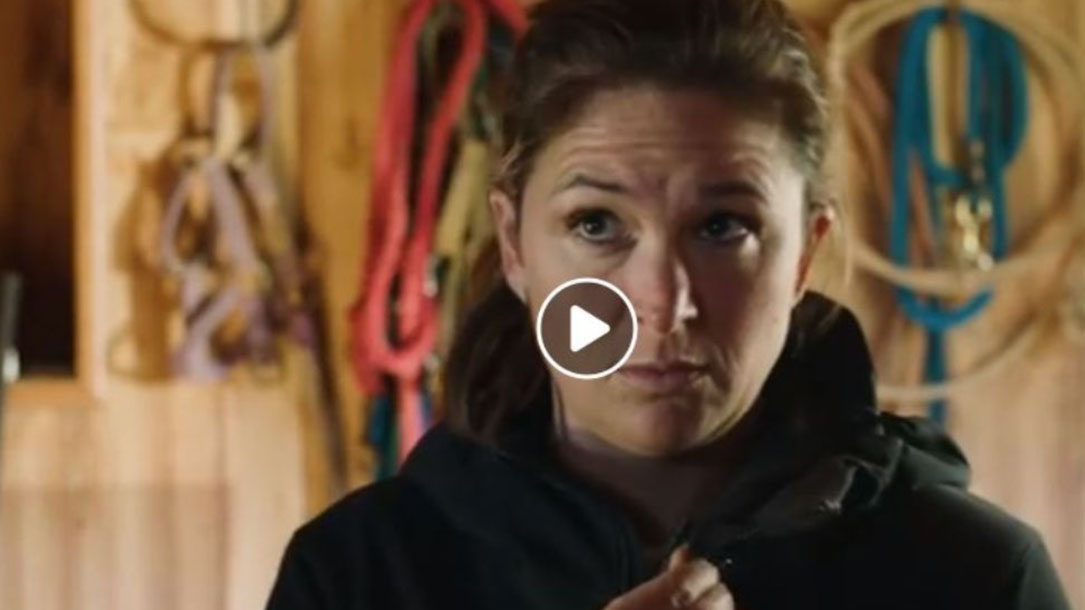
Through the eyes of a young rancher
“Our lands and soil are possibly the most underappreciated resources we have, yet their conservation is vital to humanity. We need to have an important discussion on what can be done to protect the planet through proper land management. This is so much more important than most people realize. Come join the conversation…”
If your land trust works with agriculture, this could be a great video to share—and then connect what you are doing to be part of the conversation, too.



